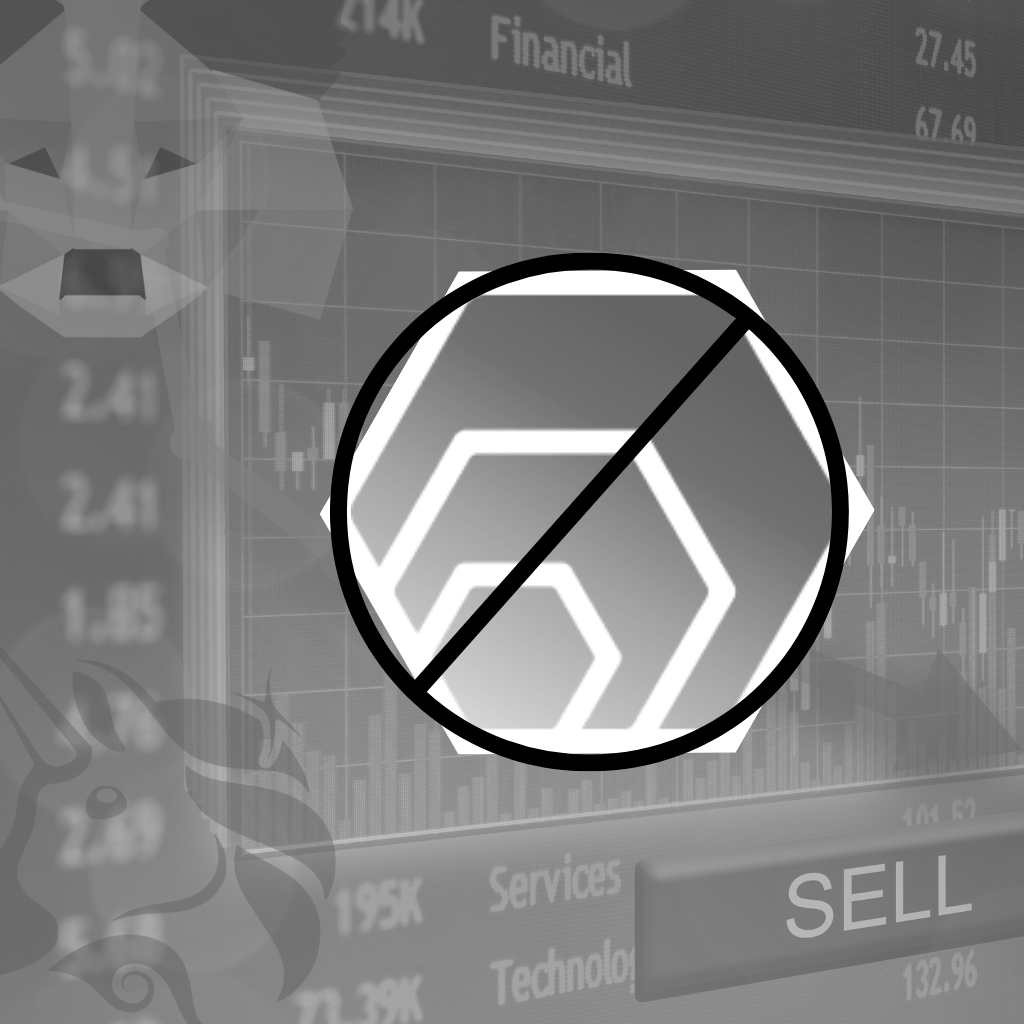
MetaMask and Uniswap have decided to pull their swap support for Richard Heart’s HEX token following the US Securities and Exchange Commission’s (SEC) lawsuit against the founder.
The SEC accuses Richard Heart of offering returns on HEX and two other tokens that qualify as investment contracts, raising concerns about potential securities fraud.
This legal action is part of the SEC’s broader enforcement blitz on crypto projects that may be violating US investor laws, putting DeFi platforms on high alert.
As the lawsuit against HEX founder Richard Heart unfolds, MetaMask and Uniswap’s decision to withdraw support reflects a cautious approach among leading DeFi platforms facing regulatory scrutiny.
These platforms prioritize compliance and seek to distance themselves from tokens that could potentially be deemed unregistered securities.
Users React to HEX Ban and Question its Uniqueness
The removal of HEX token support on MetaMask and Uniswap has drawn criticism from users on both platforms.
Some argue that the ban appears unnecessary and that HEX is unfairly targeted, given numerous scam tokens launching daily.
While the SEC’s concerns about HEX may be valid, there is a growing sentiment that other tokens with questionable legitimacy continue to operate freely.
HEX supporters argues the token may satisfy specific prongs of the Howey Test, suggesting that it possesses unique characteristics distinguishing it from securities.
However, the SEC’s allegations against Richard Heart have triggered skepticism among investors, raising doubts about the token’s long-term viability.
Decentralized Finance (DeFi) Confronts Stricter Anti-Money Laundering (AML) Regulations
The rise in money laundering activities within the cryptocurrency world has become a pressing issue, reaching a record high of $23.8 billion in 2022.
In response to this alarming trend, US lawmakers from both major parties have introduced the Crypto-Asset National Security Enhancement Act of 2023.
This bill proposes that DeFi protocols adhere to stricter anti-money laundering (AML) regulations, bringing them in line with traditional financial institutions.
If passed into law, the bill will require DeFi entities to comply with AML laws rigorously, leaving no room for ambiguity.
The bill’s provisions hold the largest investors in DeFi protocols accountable for any AML violations, emphasizing the need for thorough due diligence in attracting significant investments.
Challenges in Adapting to Regulatory Landscape
The enforcement actions by the SEC and the proposed bipartisan bill have intensified concerns for the decentralized finance (DeFi) sector.
Traditionally, governments have struggled to create rules for DeFi due to its decentralized nature.
However, the new bill seeks to compel DeFi firms and individuals to meet the exact AML requirements as centralized exchanges, casinos, and pawn shops.
Navigating compliance in DeFi could present significant challenges, as the sector’s decentralized structure makes it harder to implement stringent AML measures.
The bill’s provision that investors contributing more than $25 million to a DeFi protocol will be held responsible for AML violations adds a layer of complexity for notable stakeholders.
As DeFi faces the prospect of tighter AML regulations, the sector must adapt and ensure compliance with the evolving regulatory landscape.
Future of Cryptocurrencies Amid Regulatory Pressure
The future of decentralized finance hinges on striking a balance between innovation and regulatory adherence, as investors, developers, and users closely monitor its transformation in the face of these dual regulatory challenges.
The recent SEC lawsuit against HEX founder Richard Heart and the proposed bipartisan bill underscores the increasing regulatory challenges for the DeFi space.
Similarly, the MetaMask and Uniswap’s withdrawal of support for HEX highlights the platforms’ cautious approach amidst regulatory uncertainties.
As DeFi confronts the specter of stricter AML regulations, it must navigate compliance challenges to ensure long-term sustainability.
The evolving regulatory landscape presents opportunities and obstacles for the future of decentralized finance, and stakeholders must collaborate to shape a robust and compliant ecosystem.
